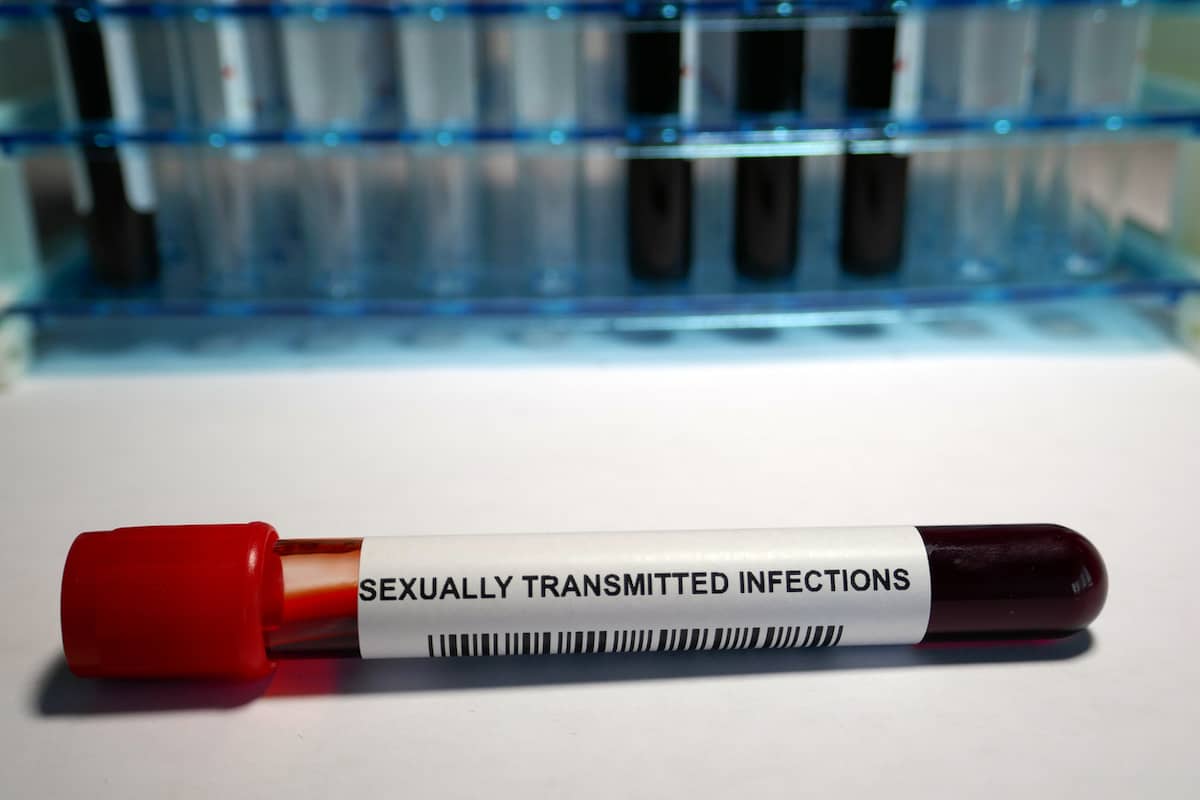Several countries have reported serious disruptions in the field of STD testing and diagnostics, all resulting from the Covid-19 pandemic of 2020. While the trend is far from surprising, it paints a troublesome picture.
STD Testing Shortages?
Reports from Canada, the US and other parts of the world suggest that local clinics have been affected by shortages in the supplies required to carry out tests for sexually transmitted infections (STIs).
Covid-19 lockdown and social distancing measures have disturbed supply chains and logistical processes. As a result, STD clinics in many places have been forced to prioritise the allocation of resources and carry out diagnostic tests among those needing them the most (for example – high risk groups).
On top of disturbed supply chains, there is another very important factor that contributed to the troublesome phenomenon.
The tools used for STD testing are the same ones utilised for the analysis of coronavirus samples. As a result, serious resources have been shifted away from the sexual health clinics and towards the Covid-19 diagnostic departments.
This shift in resources is happening at a time when many types of STIs are registering a serious increase in the number of new cases. While people are advised to abstain from sexual activity with new partners at a time of a global pandemic, data concerning the spread of STIs suggests that such recommendations aren’t particularly popular.
Over the past five years, the US has been registering a record-breaking number of infections with some of the most common sexually transmitted pathogens – chlamydia, gonorrhoea and syphilis. It’s still not clear how 2020 has impacted the spread of the infections but an upward trend has been ongoing for a sufficiently long period of time.
At a roundtable discussion in September 2020, it was estimated that that the estimated number of chlamydia cases was 1.76 million, of gonorrhoea – 602,000 and of syphilis – 123,000. In comparison to figures for the previous year, these numbers represent a serious increase from the previous 1.75 million, 583,405 and 115,045 cases respectively.
2020: A Challenging Year for Sexual Health Maintenance
Public health experts are creating fairly confident forecasts concerning the spread of STIs in 2020.
Over the first two months of the year, reported cases for the three most prominent STIs surpassed the cases for the same period of 2019. It’s still too early to tell whether the situation has changed in March – the month during which social distancing measures started getting introduced.
Lockdowns also initiated a period during which STD testing was reduced significantly.
The number of positive tests for the three leading STIs, for example, registered a sharp drop in March 2020. New chlamydia diagnoses went down 53 per cent, gonorrhoea diagnoses were reduced 33 per cent and syphilis diagnoses – 33 per cent.
Experts, however, still lack information about the exact cause of the reduction. Chances are that issues with test availability and lockdowns have had a profound effect on STI testing schedules.
The effects of STI testing supply disruptions were felt as early as in April 2020. Many clinics received notifications that the supplies they typically count on will be redirected to the Covid-19 departments of hospitals.
The novelty of the situation and the lack of coordination made the situation worse. Unfortunately, the US was not the only country to experience such challenges and similar reports have been issued by health authorities from across the world.
Cure Development Slowdowns
STI testing and diagnostics aren’t the only fields affected by the unexpected and large scale health crisis that hit the world in 2020 and that will probably continue through 2021.
Reports suggests that the research focused on the development of STI cures and vaccines has slowed down. Once again, significant resources have been redirected towards the quick and reliable development of a Covid-19 vaccine.
Many researchers who were previously working within the field of HIV had to pause their work and shift their focus towards the novel coronavirus. According to US medical professionals, the research on the development of an HIV vaccine will probably be on pause until the current global health threat comes under control.
Harvard Medical School professionals have acknowledged that Covid-19 has had a devastating impact on the biomedical field, completely halting ongoing work. The diminishing supplies, once again, made the completion of ongoing clinical trials impossible.
There is one more reason why we’re still far away from the development of vaccines for STIs like HIV. Clinical teams from different parts of the world are working on multiple mechanisms that will potentially help for the eradication of the virus. It’s essential for one of these methodologies to be established as most viable, helping for a more unified vision and a more focused effort.
Seek Out STI Diagnostics Now: Your Health Is Important!
If you live in Singapore, STI diagnostics are readily available, regardless of the latest developments.
STD clinics like Shim Clinic have the supplies and the tools required for quick and accurate STD testing available.
All you have to do is visit Shim Clinic during our working hours every day of the week or call in advance to inquire about a particular test. Our knowledgeable professionals will consult you in full confidentiality and recommend the diagnostic panel that makes the most sense for your individual circumstances.

